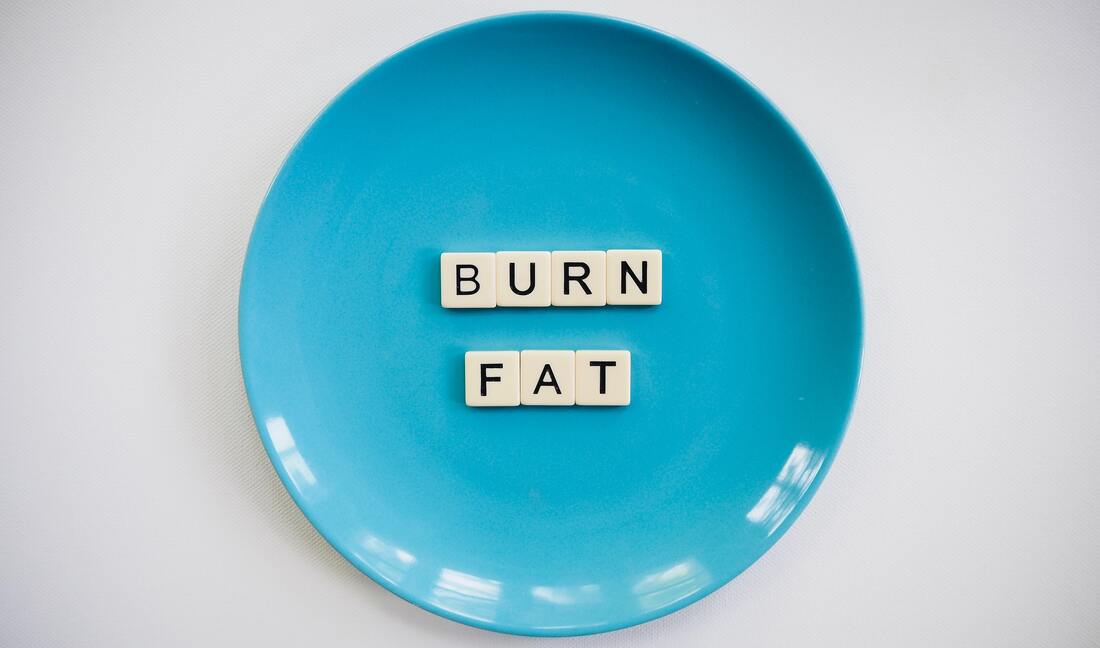|
Image credit: Total Shape And what, Socrates, is the food of the soul? Surely, I said, knowledge is the food of the soul. A lot of us pursue fat loss at some point in our fitness journey. But what is body fat and what is it for? Where does it come from? And how do we lose it? This article is all about understanding the answers to these questions. What is body fat?
Body fat – or, in technical terms, adipose tissue – is the body’s biggest energy reserve. It is made up of fat cells, or adipocytes, which store energy in the form of triglycerides. A triglyceride is made up of two main components:
Triglycerides are the main form of dietary fat found in food, so dietary fat can be easily converted into body fat once we digest it. However, protein and carbohydrates can be stored as body fat, too, via metabolic processes that turn them into triglycerides. For this reason, it is not necessarily an excessive amount of dietary fat that will cause body fat gain. An unnecessary amount of energy coming from any of the three macronutrients – carbohydrate, protein, and fat – will be converted into triglycerides and then stored as body fat. In a previous article on flexible dieting, I mentioned that dietary fat contains 9 calories per gram. So one kilogram of pure body fat contains 9000 calories. In reality, all cells, including fat cells, contain a certain amount of water and other components. As a result, a “real” kilogram of body fat contains a little less than 9000 calories when we account for these extras, which do not provide calories. Even so, we are still talking about an enormous amount of energy. Therefore, thanks to body fat, you carry thousands and thousands of calories in case of emergency. In ancient times, when going to the grocery store wasn’t an option, this is one of the factors that contributed to our survival as a species. Where are our body fat stores? Body fat is found in three main locations in the body:
How do you lose and gain body fat? The most effective way to lose body fat is to create what is known as a caloric deficit. Calories are the units of measurement used for the energy expended via physical activity and exercise, and the energy found in food and stored in our body fat. You need a certain amount of energy to survive, carry out daily activities, and exercise. Normally, you get this energy from the food we eat. Therefore you can create an energy deficit – or caloric deficit – in one of three ways:
The energy you aren’t getting from food now needs to come from a different source, or else you will run out of fuel and die like a car’s engine. Fortunately, your body is very good at not dying (phew!). So where is the energy you still need going to come from? Yep, you guessed it: From your body’s main energy store, AKA adipose tissue. Fat cells will release fatty acids into the blood and decrease in size. The fatty acids are then “burned” to produce energy. On the other hand, when you have plenty of energy available from the carbohydrates, protein, and fats in your meals, the body will use as much as it needs, convert the rest into triglycerides, and send these triglycerides to the fat cells. In turn, fat cells increase in size as a result of this accumulation of extra energy. But I’ve heard that insulin makes you fat! You might have heard this because insulin is a hormone that, among other functions, prevents fat cells from releasing triglycerides when your blood sugar level rises. The reason insulin does this is that sugar is the quickest form of energy the body could use. So, when you have plenty of it available in your bloodstream, why would you need to release fatty acids from your adipose tissue? In other words, insulin isn’t stopping you from losing fat. It is simply a regulator of the supply and demand of energy in your body. What’s stopping you from losing fat is the absence of a caloric deficit. Can you target body fat reduction? Can you choose which drops of oil in your car you’re going to use to cover the next 10 miles? Probably not. In the same way, it seems like you can’t “target” specific areas to lose fat from. If you are in a caloric deficit, you will certainly lose fat, but the specific areas and amount of body fat lost from each area are a result of your genetics. Don’t get discouraged, though. Focus on maintaining a consistent caloric deficit over a period of time. Eventually, you will see the results you are after. Your Turn: What else confuses you about fat loss? Drop a comment and I’ll do my best to help!
0 Comments
Your comment will be posted after it is approved.
Leave a Reply. |
Nikias TomasielloWelcome to my blog. I’m an online fitness coach with a passion for bodybuilding, fantasy, and bread. Want to work with me? Check out my services!Archives
May 2024
Tags
All
|
Follow me on social media |
Get in touch |
© 2018-2023 Veronica Tomasiello, known as Nikias Tomasiello – All rights reserved


 RSS Feed
RSS Feed